Lavrov: Russia to talk Kosovo at NATO summit
Russia will raise the issue of Kosovo at the Russia-NATO summit, to be held in Bucharest on April 4.
Wednesday, 02.04.2008.
12:41

Russia will raise the issue of Kosovo at the Russia-NATO summit, to be held in Bucharest on April 4. This was announced Wednesday by Russia's Foreign Minister Sergei Lavrov. Lavrov: Russia to talk Kosovo at NATO summit Russian President Vladimir Putin will take part in the summit. As he addressed the Russian Duma, Lavrov pointed out that Russia had always insisted that the international forces in Kosovo should be neutral and impartial and that they should act strictly within the frame of the mandate the United Nations had entrusted them with. Moscow will not allow Kosovo fully-fledged UN membership, nor will it allow the possibility of the Kosovo issue being taken out of the UN’s sphere of influence, Lavrov also said. “We have done our best to ruin the plans for a speedy and large-scale recognition of Kosovo independence,“ Lavrov said in the Russian Duma. The Russian foreign minister said that recognition of Kosovo independence was tantamount to “punishment measures from countries that were trying to assume the right to speak on behalf of the entire international community.“ "Europe stands before a serious threat to destabilization that could spread throughout the entire Balkans and beyond,” he warned. Lavrov said that the situation in Serbia was unstable, public dissatisfaction was perceptible, and that this was “a direct result of irresponsible and short-sighted policy directed at support for Kosovo’s unilateral independence declaration.” Recognition of an independent Kosovo, said the minister, went against the principle of state equality enshrined within the UN Charter, UN Security Council resolutions, OSCE documents and the Council of Europe. “The attempt to present the situation in Kosovo as an exception and unique, simply does not wash,” he stressed. “Even though the Slobodan Milosevic did oppress the Kosovo Albanians, today’s Serbia, a democratic Serbia, has not given any reason to doubt in its willingness to ensure respect for minority rights,” Lavrov pointed out. Such a sanction was “all the more unlawful given that in 1999, Serbia was already punished by being stripped of its right to exercise its sovereignty in Kosovo, not to mention the NATO bombing, where tens of thousands of Kosovo Serbs became refugees or disappeared from the territory of Kosovo,” the minister recalled. For this reason, he said, Russia would not allow Kosovo to join the UN. He went on to tell the Duma, during a speech on Kosovo and the unrecognized republics of the former Soviet Union, that Moscow was “monitoring the question of recognition of independence throughout the Commonwealth of Independent States very closely, bearing in mind the Kosovo precedent.” Sergey Lavrov (FoNet, archive) Kosachev blames Russian 1990s policy The dangerous precedent of the recognition of Kosovo Albanians' unilateral declaration of independence was in advance determined by Russia's foreign policy in the early 1990s, the chairman of the Russian Duma Committee on International Affairs, Konstantin Kosachev, said Wednesday. According to him, difficulties are unavoidable because the Russian diplomacy is "resolving" problems, including the "Kosovo precedent", all of which were not created today and were the result of the often "too credulous conduct of the Russian diplomacy until the mid-1990s, which was disoriented by unjustified hopes and illusions." Kosachev said that such problems included the expansion of NATO, when promises made were not put on paper. "It is then that the situation with Kosovo was determined in advance," said Kosachev, who is also deputy secretary of the ruling United Russia Party Presidency. Speaking at the Duma session, also addressed by Foreign Minister Sergei Lavrov, Kosachev said that the issues of Kosovo and the "unrecognized republics" in the former Soviet territory are "decisive for the fate of international law and the United Nations, and for the balance between sovereignty and self-determination". "We are not considering Kosovo only because the precedent issue has become topical. At stake is the fate of international law and what will win in the end - the rule of force or the force of law," Kosachev underscored.
Lavrov: Russia to talk Kosovo at NATO summit
Russian President Vladimir Putin will take part in the summit.As he addressed the Russian Duma, Lavrov pointed out that Russia had always insisted that the international forces in Kosovo should be neutral and impartial and that they should act strictly within the frame of the mandate the United Nations had entrusted them with.
Moscow will not allow Kosovo fully-fledged UN membership, nor will it allow the possibility of the Kosovo issue being taken out of the UN’s sphere of influence, Lavrov also said.
“We have done our best to ruin the plans for a speedy and large-scale recognition of Kosovo independence,“ Lavrov said in the Russian Duma.
The Russian foreign minister said that recognition of Kosovo independence was tantamount to “punishment measures from countries that were trying to assume the right to speak on behalf of the entire international community.“
"Europe stands before a serious threat to destabilization that could spread throughout the entire Balkans and beyond,” he warned.
Lavrov said that the situation in Serbia was unstable, public dissatisfaction was perceptible, and that this was “a direct result of irresponsible and short-sighted policy directed at support for Kosovo’s unilateral independence declaration.”
Recognition of an independent Kosovo, said the minister, went against the principle of state equality enshrined within the UN Charter, UN Security Council resolutions, OSCE documents and the Council of Europe.
“The attempt to present the situation in Kosovo as an exception and unique, simply does not wash,” he stressed.
“Even though the Slobodan Milošević did oppress the Kosovo Albanians, today’s Serbia, a democratic Serbia, has not given any reason to doubt in its willingness to ensure respect for minority rights,” Lavrov pointed out.
Such a sanction was “all the more unlawful given that in 1999, Serbia was already punished by being stripped of its right to exercise its sovereignty in Kosovo, not to mention the NATO bombing, where tens of thousands of Kosovo Serbs became refugees or disappeared from the territory of Kosovo,” the minister recalled.
For this reason, he said, Russia would not allow Kosovo to join the UN.
He went on to tell the Duma, during a speech on Kosovo and the unrecognized republics of the former Soviet Union, that Moscow was “monitoring the question of recognition of independence throughout the Commonwealth of Independent States very closely, bearing in mind the Kosovo precedent.”
Kosachev blames Russian 1990s policy
The dangerous precedent of the recognition of Kosovo Albanians' unilateral declaration of independence was in advance determined by Russia's foreign policy in the early 1990s, the chairman of the Russian Duma Committee on International Affairs, Konstantin Kosachev, said Wednesday.According to him, difficulties are unavoidable because the Russian diplomacy is "resolving" problems, including the "Kosovo precedent", all of which were not created today and were the result of the often "too credulous conduct of the Russian diplomacy until the mid-1990s, which was disoriented by unjustified hopes and illusions."
Kosachev said that such problems included the expansion of NATO, when promises made were not put on paper.
"It is then that the situation with Kosovo was determined in advance," said Kosachev, who is also deputy secretary of the ruling United Russia Party Presidency.
Speaking at the Duma session, also addressed by Foreign Minister Sergei Lavrov, Kosachev said that the issues of Kosovo and the "unrecognized republics" in the former Soviet territory are "decisive for the fate of international law and the United Nations, and for the balance between sovereignty and self-determination".
"We are not considering Kosovo only because the precedent issue has become topical. At stake is the fate of international law and what will win in the end - the rule of force or the force of law," Kosachev underscored.










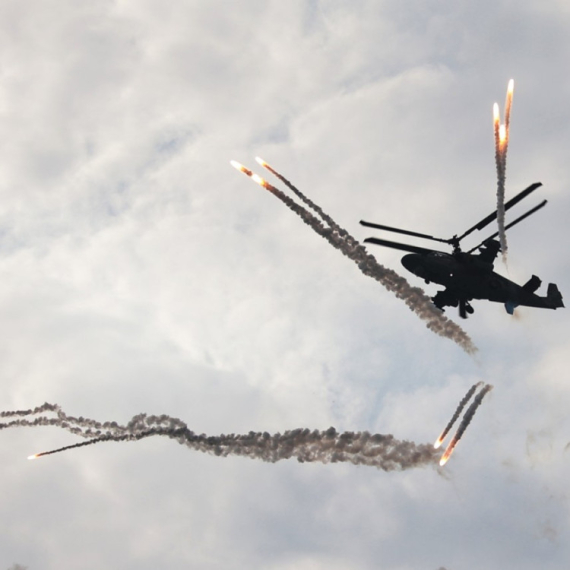
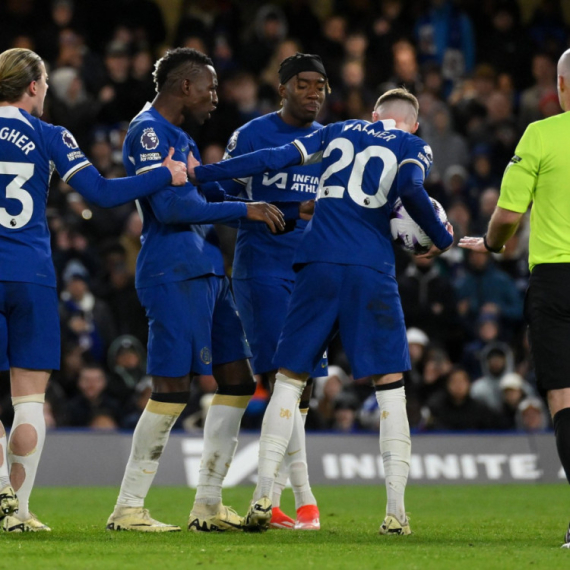
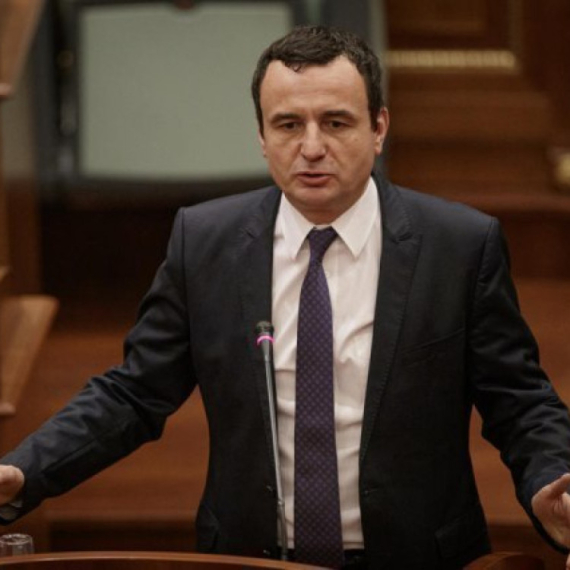
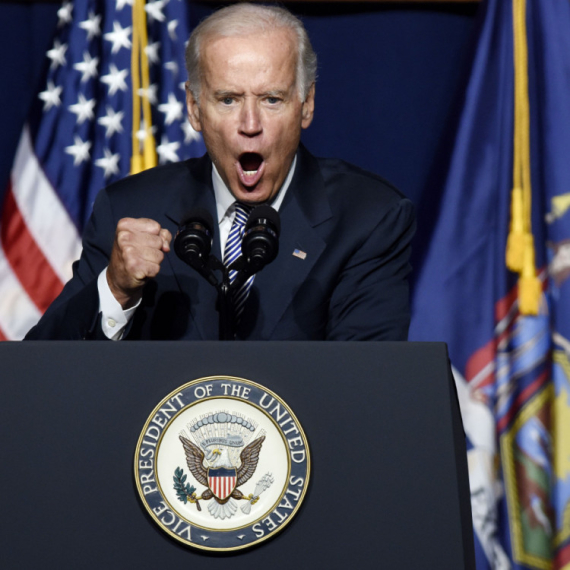
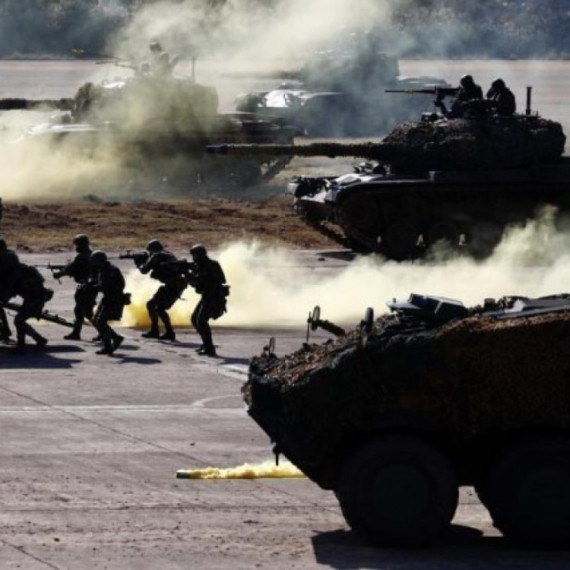
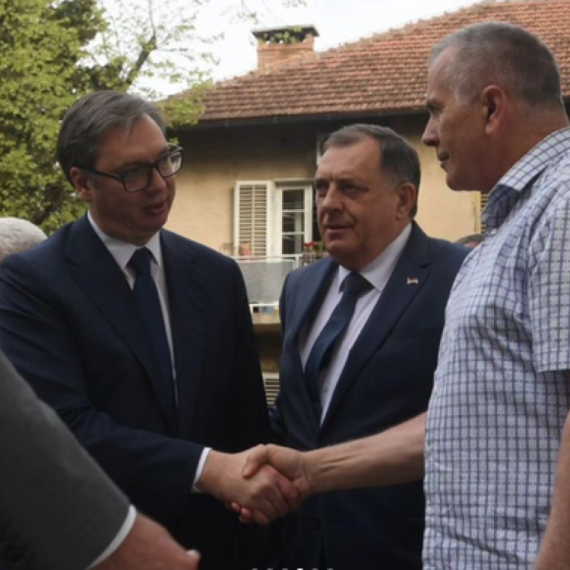

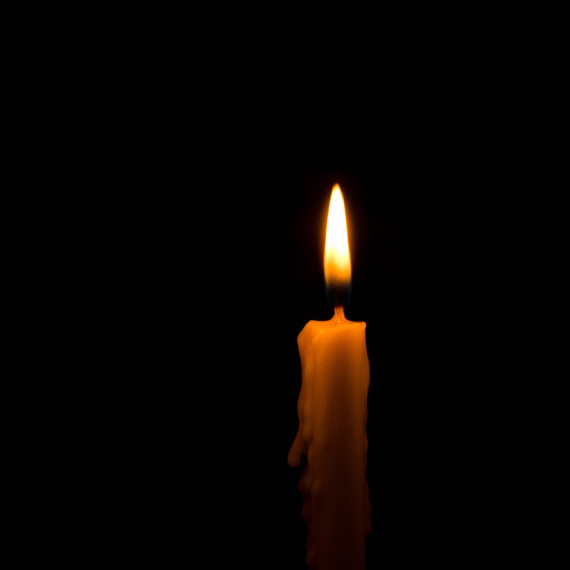


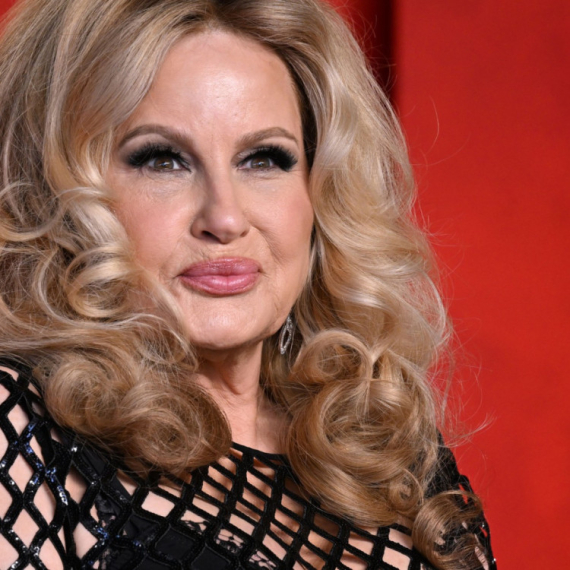





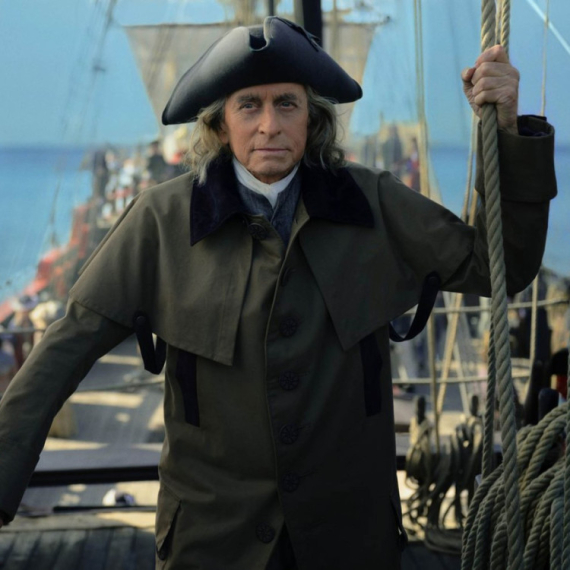


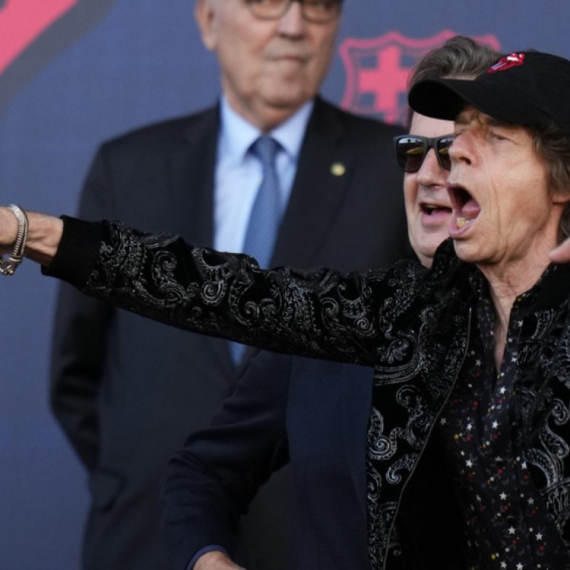
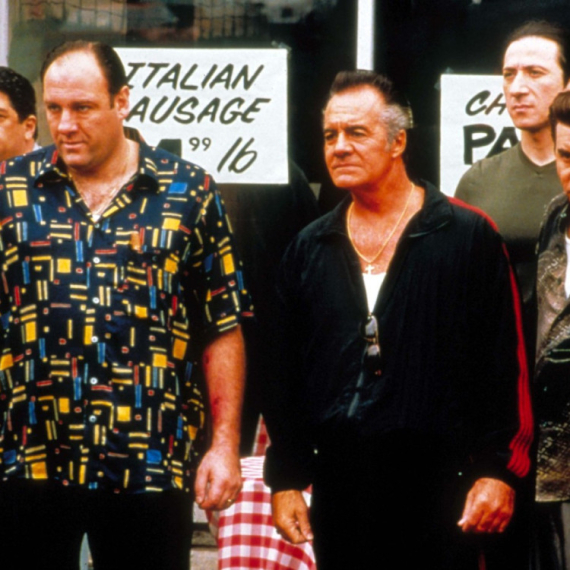





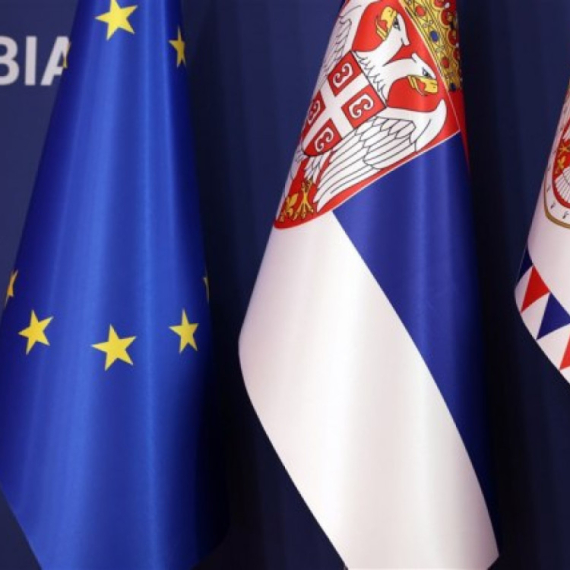
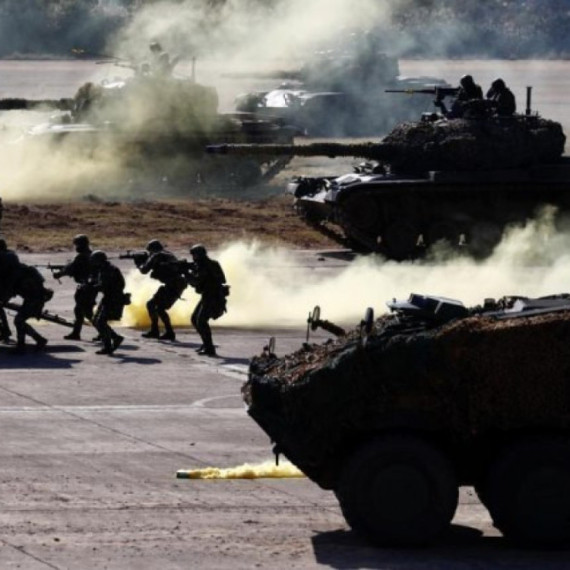
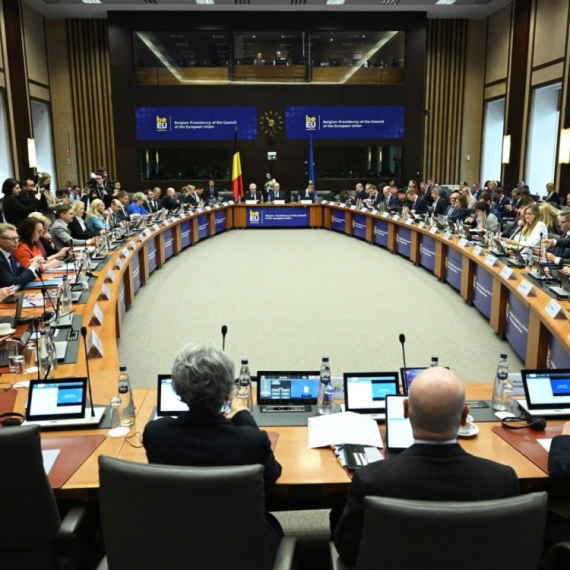
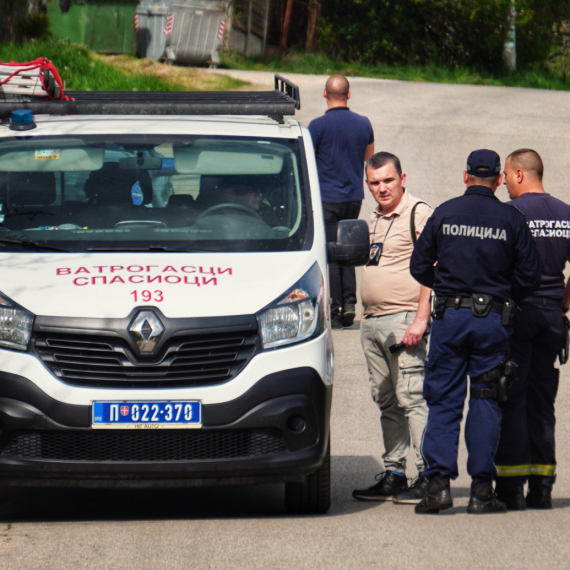
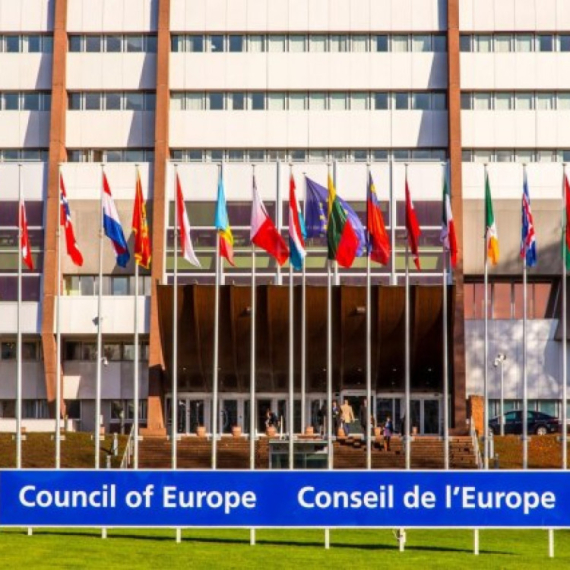


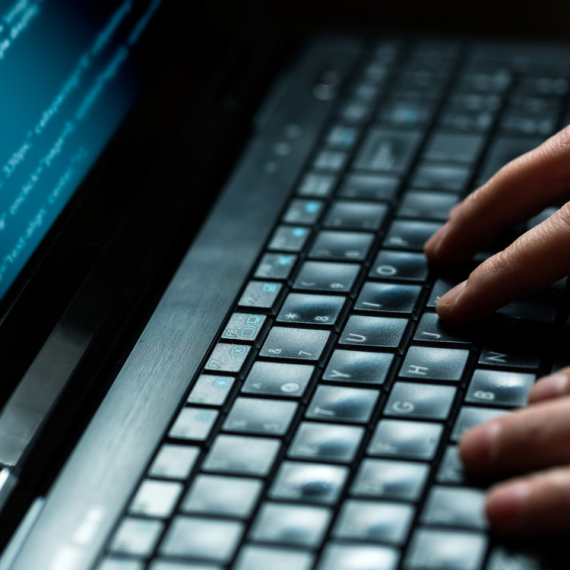




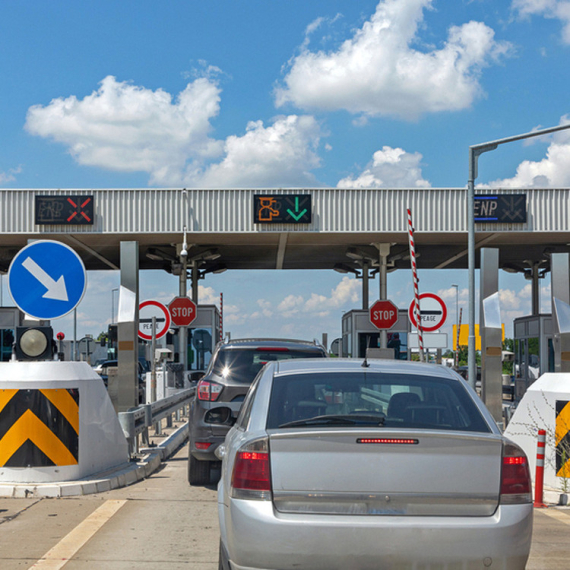




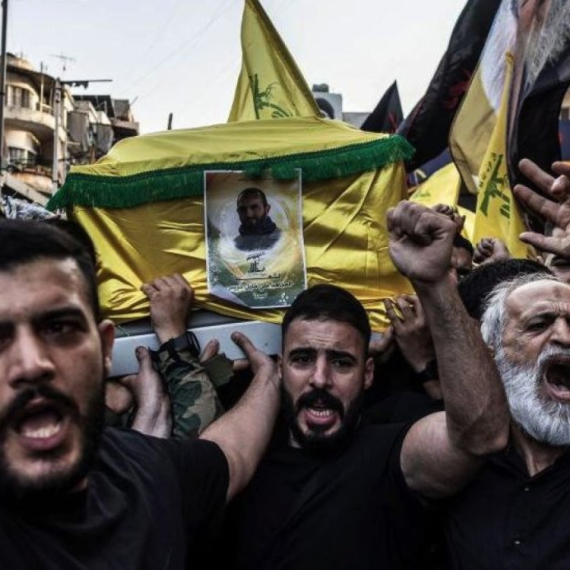
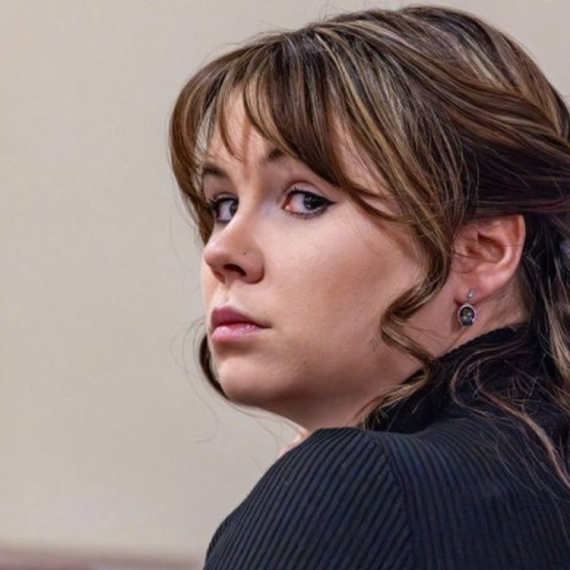
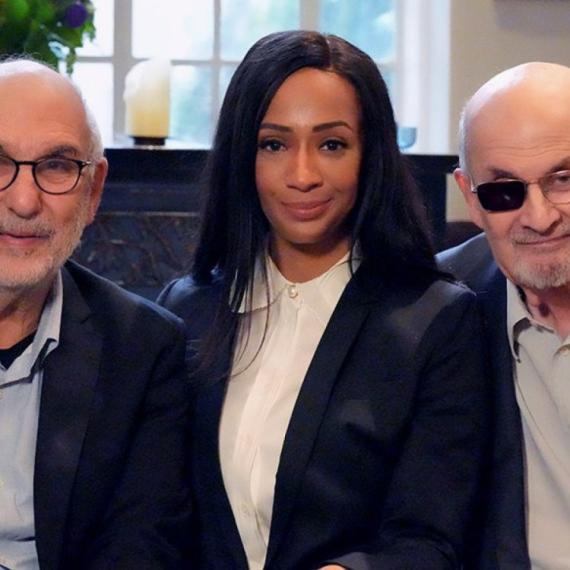

Komentari 26
Pogledaj komentare